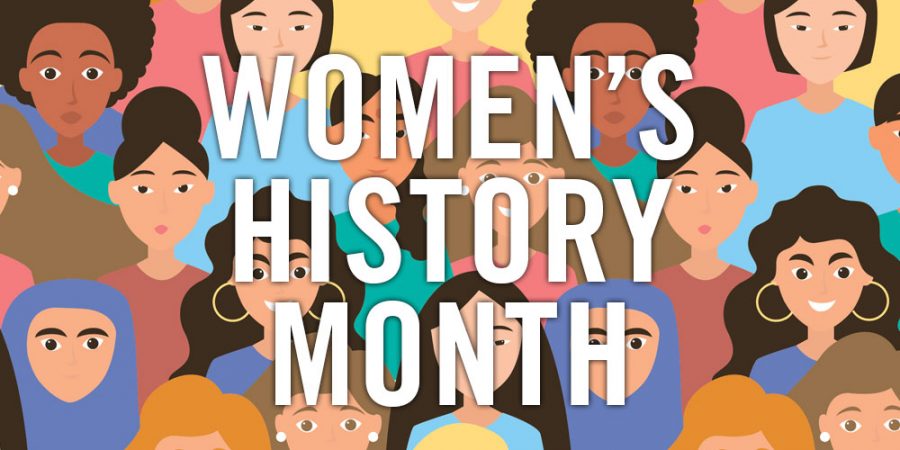A Brief History of Women’s History Month
March 5, 2021
Throughout March, Women’s History Month celebrates and acknowledges the contributions, achievements, and struggles of women in American history and contemporary society. This month is to celebrate the women who have made an impact on society, history, and culture, as well as on science, education, politics, literature, and so much more. This month is to remember all those women who didn’t bow to the status quo, but became trailblazers instead, forging new trails for the next generations of women. Most importantly, every March is not only a time to look back and commemorate the leaps women have made in the world and against sexism, but to also reflect on how far the world still has to go. It is a time to inspire young girls and encourage them that they, too, can change the world for the better.
This celebratory month began as Women’s History Week in Santa Rosa, California in 1978. The Education Task Force of the Sonoma County Commission on the Status of Women selected the week of March 8 for this new celebration, to correspond with International Women’s Day, also on March 8. By 1980, Women’s History Week was being celebrated across the country, and the National Women’s History Project (now the National Women’s History Alliance) successfully lobbied for national recognition. Soon after, President Jimmy Carter issued the first Presidential Proclamation declaring the week of March 8, National Women’s History Week.
“From the first settlers who came to our shores, from the first American Indian families who befriended them, men and women have worked together to build this nation. Too often the women were unsung and sometimes their contributions went unnoticed. But the achievements, leadership, courage, strength and love of the women who built America was as vital as that of the men whose names we know so well.”
President Jimmy Carter, Message to the nation designating March 2-8, 1980 as National Women’s History Week
After President Carter, subsequent presidents continued to designate this week as National Women’s History Week, until 1987 when Congress passed Public Law 100-9, declaring March as National Women’s History Month.
Since then the National Women’s History Alliance has chosen yearly themes for this month. Since 2020 was the centennial celebration of women gaining the vote, many celebrations were in the midst of planning, when the pandemic hit, curtailing most of them for the time being. The Alliance then agreed to extend the annual theme of 2021 to “Valiant Women of the Vote: Refusing to be Silenced,” acknowledging and celebrating 100 years of women’s votes and the hardships of this time amid the global pandemic.
